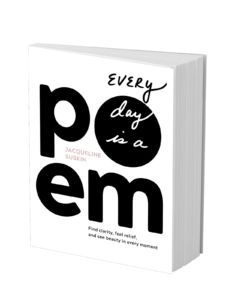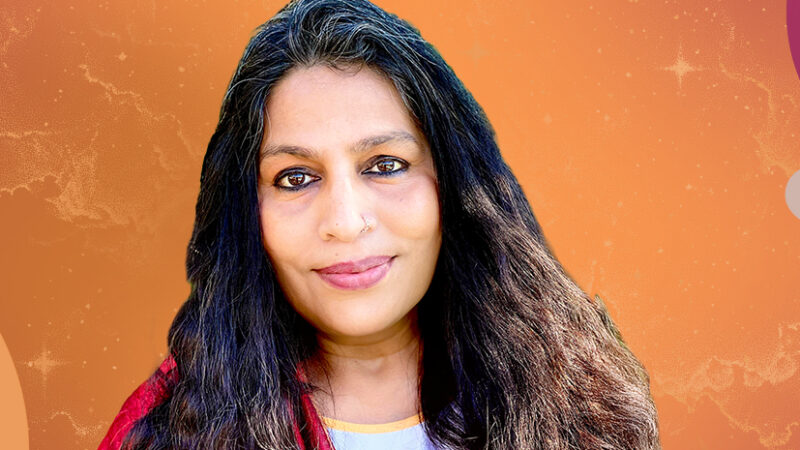My constant reminder to myself all winter is to not push too hard. The essence of the season reminds me that I don’t have to document every aha moment that happens in these cold, quiet months. I don’t have to share every discovery or turn every insight into a poem. In the winter, I’m much more inclined to commune with the Divine and let those conversations remain private. This is the influence of winter, the way it teaches me to shift from an overly productive participant’s pace into a person with a battery that needs to plug in and recharge gradually in order to rise up refreshed for the act of creation.
Rest isn’t easy for us, and we have to be intentional about it. How will you ensure that rest is a central part of your winter schedule? A lot can be accomplished in these sleepy months of contemplation, but if you position rest as the central focus of your routine, you’ll emerge from this season with more endurance for the working days ahead of you.
What does an ideal period of rest look like for you?
Unwinding looks different for everyone, and you’ll need to spend some time making a list of ways you can actualize rest in your daily winter life.
Maybe once a week you wake up and immediately take a hot bath. Maybe you watch a movie in the middle of the day. Maybe you get under your electric blanket and read a book for an hour after lunch. Resting usually requires doing (or not doing) something that will break your routine of constant output. How can you convince yourself to pause and be leisurely?
You’ll have to choose activities that will force you to slow down. You’ll have to remind yourself that resting will expand your creative practice in the long run, even if it seems like the opposite is happening in the moment. Experiment with what works best for you.
Prompts from the Planet
What do plants and other animals do in the winter?
They go dormant. Seeds wait, inactive in the dark soil or stored away, safe and dry.
They harden, keep warm, and get slow. Some stop growing. Others sleep and dream.
Below ground, everything works anew, protective and focused on survival.
The plant world pauses its creation and changes its approach, waiting for the sun to return.
Remember, we are part of the same cycle.
Remember to ask yourself: What is the natural world up to right now? How does it include me?
This is an adapted excerpt from A Year in Practice: Seasonal Rituals and Prompts to Awaken Cycles of Creative Expression by Jacqueline Suskin.
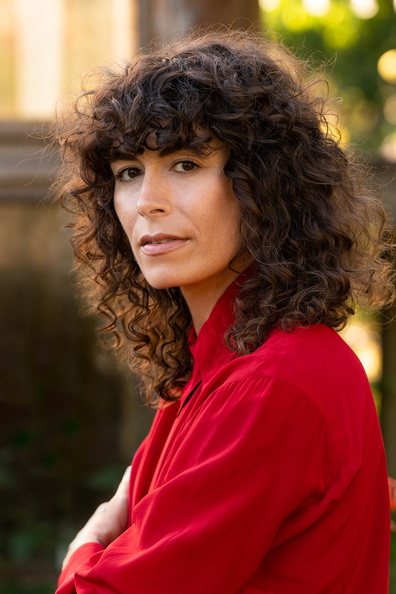
Jacqueline Suskin has composed over forty thousand poems with her ongoing improvisational writing project, Poem Store. She is the author of six books, including Help in the Dark Season. Her work has been featured in the New York Times, the Atlantic, and Yes! magazine. She lives in Northern California. For more, see jacquelinesuskin.com.
Author photo © James Adam Taylor
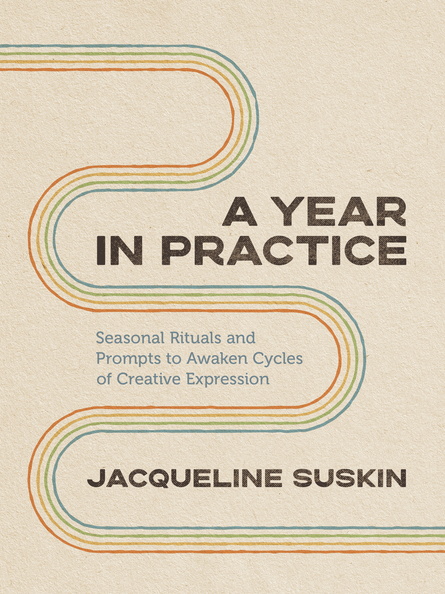
A Year in Practice
Learn More
Amazon | Barnes & Noble | Bookshop | Sounds True

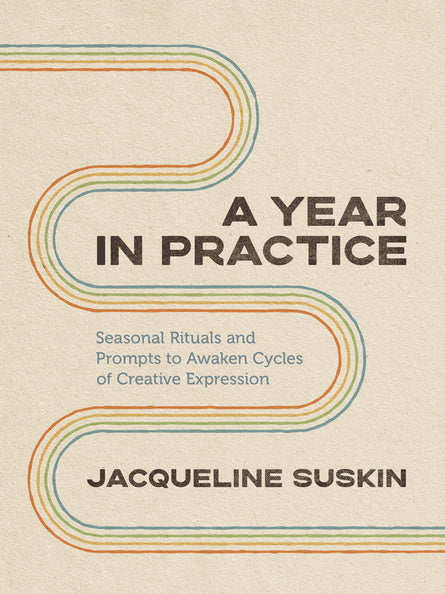


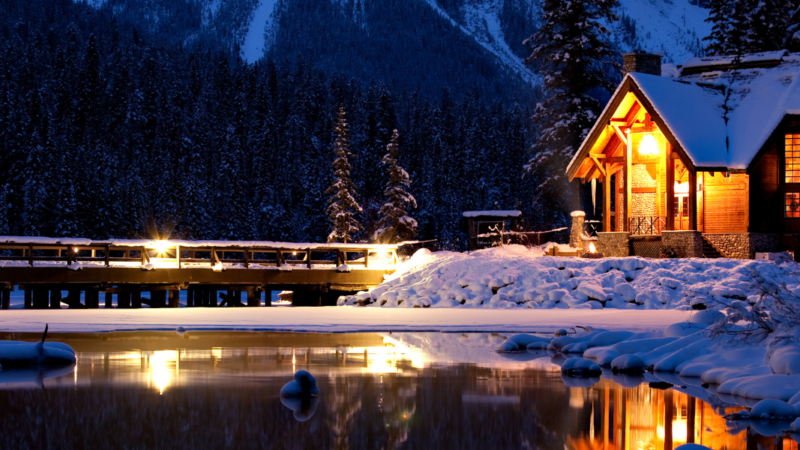
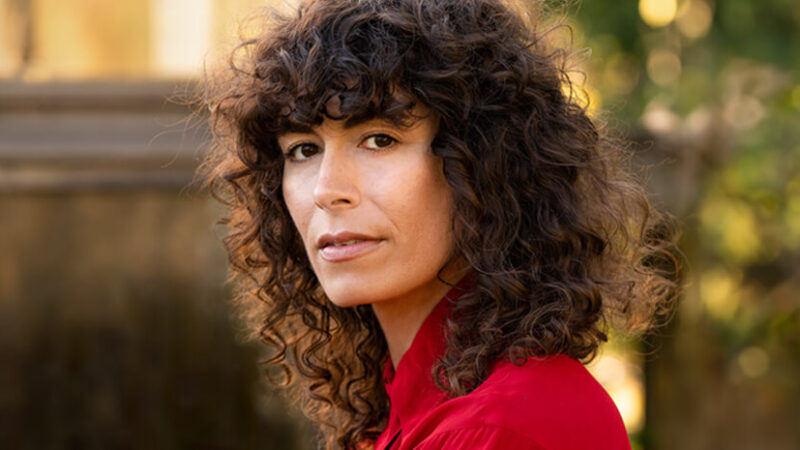
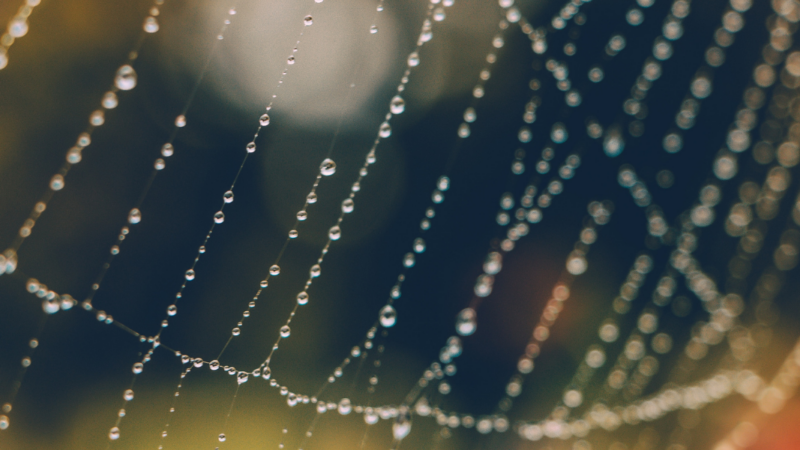
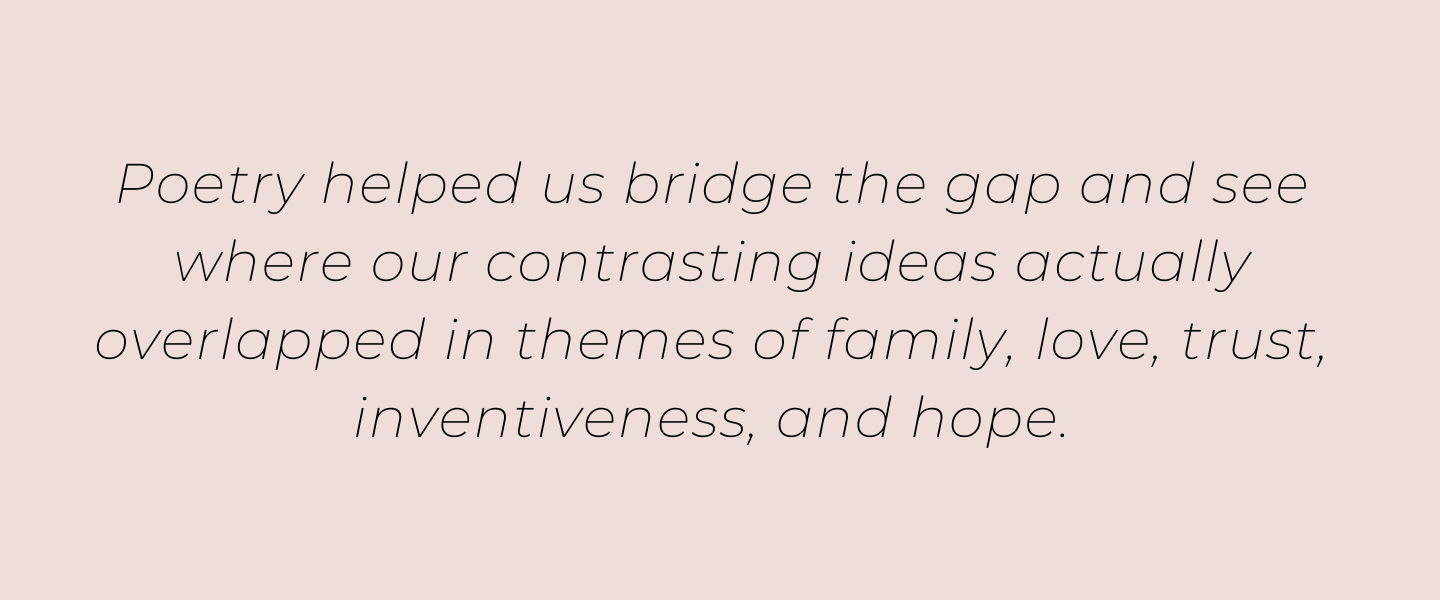

 Jacqueline Suskin
Jacqueline Suskin